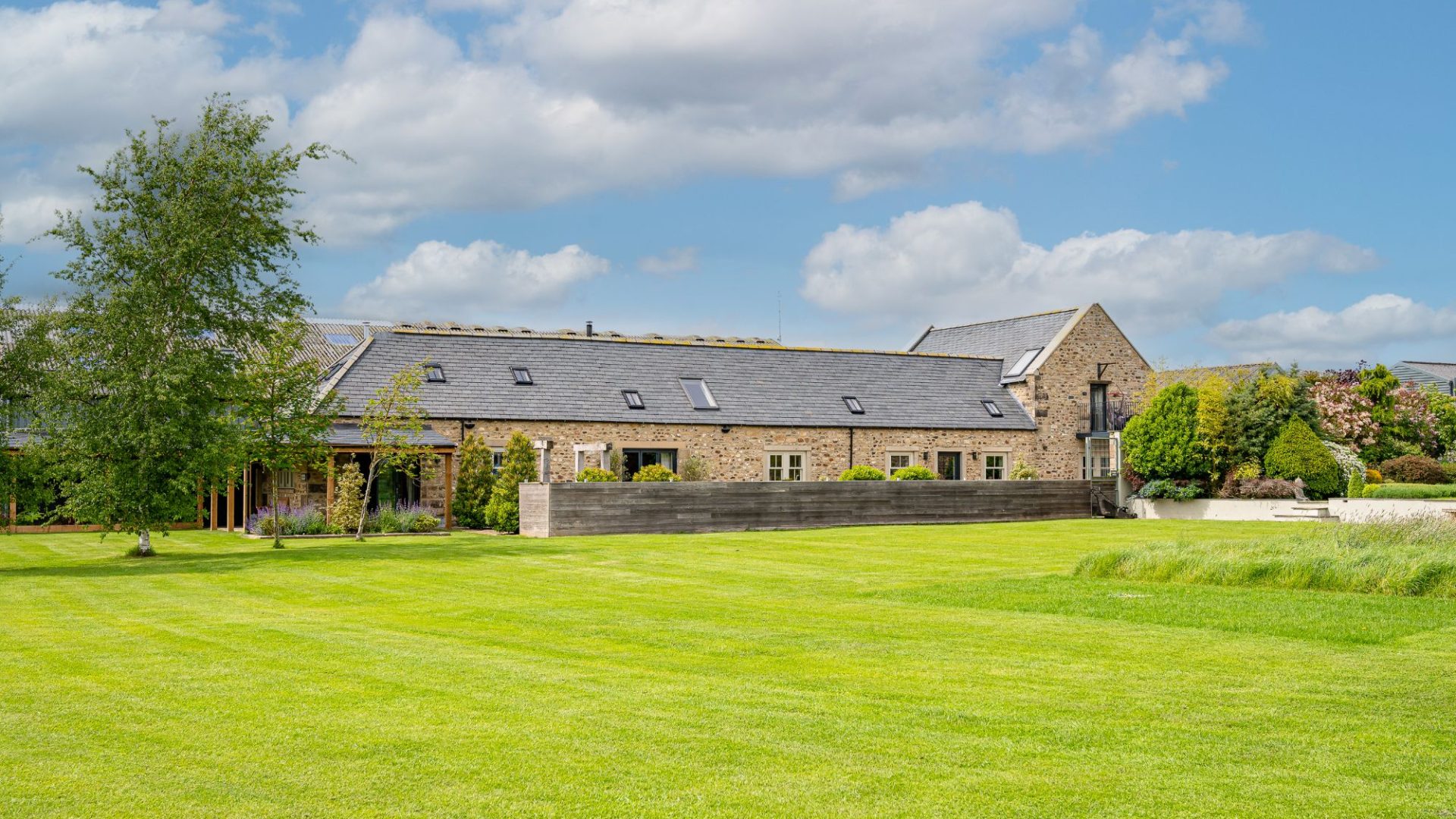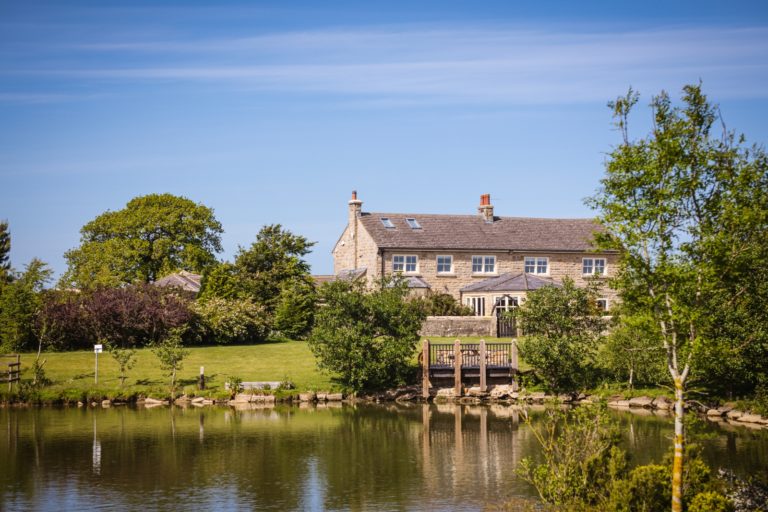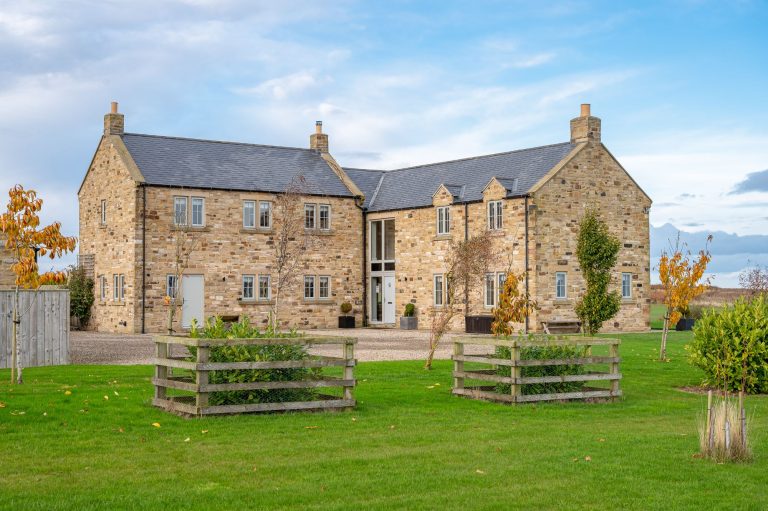Why Book with Us
- Secure Online Payments
- 99% of guests would rebook
- An Experienced, Family Business
- Contact our team 24/7

The UK staycation market has boomed over the last few years, with tourism data showing 57 million domestic overnight trips were taken in the UK in 2023. With the average trip length 3-4 nights, a self-catering holiday home is an obvious choice. Holiday homes can provide a regular income and have special tax advantages, provided they are rented out as furnished holiday lettings (FHLs).
So what do you need to know about financing a holiday home in a hotspot like North Yorkshire?
Buy-to-let vs holiday let mortgages
To qualify as a furnished holiday let (FHL) for tax purposes, HM Revenue & Customs says that your property must be available to let for a minimum of 210 days each year and that it must actually be let out for at least 105 days a year. Each booking must be short-term, letting for no longer than 30 days at a time (longer continuous stays are not counted towards the 105 letting days a year). Lettings to friends or relatives at zero or reduced rates will not be included either.
The main tax advantage of holiday let mortgages is that you can still deduct interest payments as an allowable expense on their tax returns against rental profits, which is no longer possible for “buy-to-let landlords”. This makes furnished holiday lets an appealing alternative, though the government is consulting on changes to this legislation from April 2025.
Apart from the financial benefits, you can also stay in the holiday home yourself outside the period of 210 days when it must be available to let; an opportunity not available with a buy-to-let.
What are the tax implications of a holiday let?
A holiday home owner should note that these FHL rules will change from April 2025, with more information available on HMRC website. A property owned through a limited company or other business structure is subject to different rules.
With a limited number of providers offering mortgages for holiday lets, it can be hard to pin down strict lending criteria. Here are the main points to consider:
Mortgages for holiday lets generally require larger deposits upfront than residential mortgages. You should expect interest rates to be slightly higher than for buy-to-let property or residential mortgages. This is because:
The best holiday-let mortgage lenders tend to be smaller building societies, offering deals on 2-year or 5-year fixed rates. Although variable rates and those from high street banks can be found. It is worth spending time searching the web to compare rates, and holiday let mortgage broker can be a great asset to help find the right deal.
As of late 2024, some holiday let mortgages have initial interest rates as low as 4.35% for a two-year fixed rate. However, the average rate is between 5%-6%.

If you are considering a new holiday home, are you buying for rental income, capital growth or a lifestyle investment? There's plenty to consider when identifying the perfect property, and here's some top tips to consider during your search...

When deciding to rent your holiday home it is important to consider your outgoings, including holiday let business rates. Here's our guide to what to consider...

Buying a holiday let property is an exciting investment but, as a new property owner, as well as thinking about colour palettes and interior styling, it is also essential that you are up to speed with all of the necessary Insurance...
Making the decision to finance a holiday home can be daunting, but rest assured we’re close by with guidance and suggestions along the way to ensure you’ll always remain on track.
Holiday at Home is the booking agent for a unique collection of luxury holiday properties. If you are considering financing a new holiday home or need any assistance, then contact our friendly and knowledgeable team.